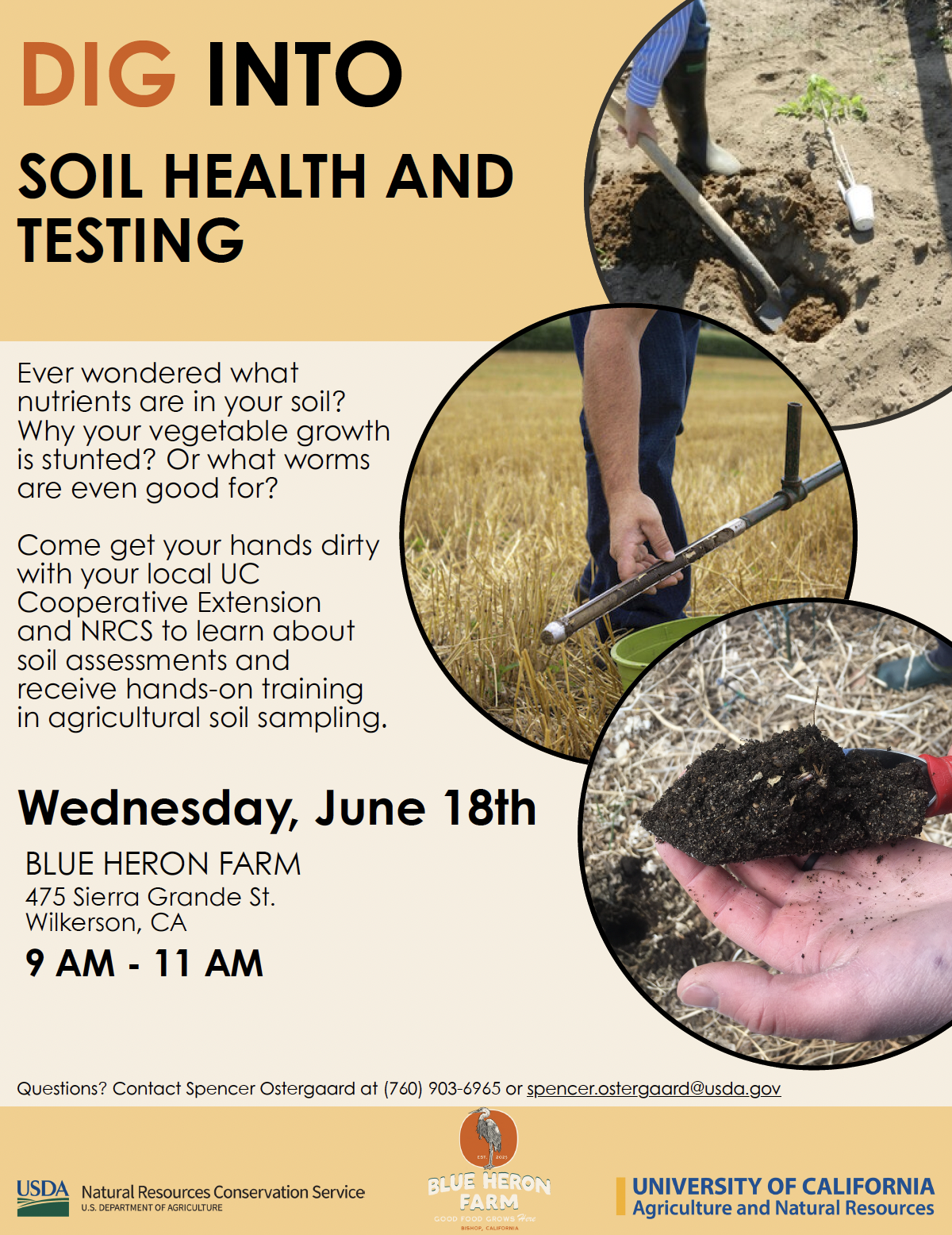Soil Drama: What Your Soil Is Trying to Tell You (and Why You Should Listen)
Soil Drama: What Your Soil Is Trying to Tell You (and Why You Should Listen)
Let’s be clear: soil is not just dirt. It’s not the stuff you sweep off your porch or hose off your boots. It’s a living, breathing, opinionated being with feelings. And if you farm, garden, or even keep a couple potted tomatoes alive, you’d better believe your soil is trying to tell you something.
Unfortunately, most of us aren’t listening.
Think of soil like a roommate. One who does all the cooking, cleans up after your plants, handles water distribution, and manages the household nutrient budget — silently. Until, of course, they don’t. And suddenly your crops are stunted, your carrots are weirdly hairy, and your lettuce looks like it needs therapy.
Classic soil drama.
The thing is, soil doesn’t throw tantrums for no reason. If your plants are suffering, there’s likely a subplot unfolding underground. Maybe the microbial workforce is on strike. Maybe the fungal network has gone offline. Maybe your soil’s pH is doing its best impression of a reality TV meltdown. Whatever the cause, your job is to stop guessing and start listening.
So how do you decode the drama?
Start by getting a soil test. Yes, I know it’s not sexy. But soil tests are basically love letters from your land. They’ll tell you what’s missing, what’s in excess, and how to get your soil’s act together. Without one, you’re farming in the dark — and your soil is just quietly stewing, like, “Oh, you thought only dumping compost on me again would fix this?”
Next: observe. Good soil smells rich and earthy, not sour or swampy. It should hold moisture without turning to soup and crumble easily when dry. Worms? Yes. Compaction? Nope. If digging in your beds feels like trying to slice through drywall, you’ve got some healing to do.
And please — I beg you — stop treating your soil like a vending machine. You can’t just extract nutrients season after season without giving something back. Cover crops, compost, rotational grazing, less tillage — these aren’t trends. They’re therapy sessions for your soil.
Healthy soil is resilient. It holds water like a sponge, fights off disease, grows better food, and even sequesters carbon. It is, quite literally, the foundation of everything we eat. And yet we ignore it until something goes wrong.
But here’s the good news: soil is forgiving. Start paying attention, give it some care, and it’ll bounce back.
Because when the soil is happy, everyone’s happy. (Even the carrots.)
Want to decode your own soil drama?
Join us for the Soil Testing Workshop on June 18th from 9 am–11 am here at Blue Heron Farm. Led by the experts from UC Cooperative Extension and NRCS, this hands-on workshop will walk you through the what, why, and how of soil testing — so you can stop guessing and start growing better.
Come get your hands dirty (in the best way).

